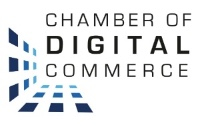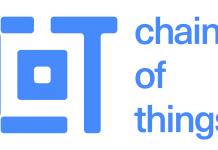Allianz Risk Transfer AG (ART), a subsidiary of Allianz Group, has announced the successful pilot of a blockchain smart contract technology for transacting natural catastrophe swaps, also known as “cat” swaps.
The pilot was conducted in collaboration with Nephila Capital and aimed at assessing smart contract technology for use for the triggering process of cat swaps and bonds.
Cat swaps and bonds are financial instruments that transfer a particular set of risks from an insurer to investors or to other insurers. These risks are typically natural disasters such as hurricanes or typhoons. In a cat swap, the insurer pays a third party to assume the financial risk of a defined major natural disaster in exchange of a payment or series of payments.
ART and Nephila’s technology enables each validated contract on an open shared infrastructure to contain data and self-executable codes. When a triggering event occurs which meets certain conditions, the smart contract picks up the predefined data sources of all participants, and then automatically activates and determines payouts to or from contract parties.
Results of the test run suggest that blockchain-based contracts can substantially accelerate and simplify transactional processing and settlement between insurers and investors.
The companies also found that blockchain technology can bring a number of other benefits including increased tradability of cat bonds and wider opportunities to apply the tech to other insurance transactions.
Richard Boyd, Bermuda-based Chief Underwriting Officer of ART, said in a statement on Wednesday that blockchain technology can increase reliability, auditability and speed for both cat swaps and bonds. The technology enables an unprecedented level of automation and disintermediation that could ultimately allows for less manual processing, authentication and verification through various third parties.
“By replacing the human interventions which are currently embedded throughout the entire risk transfer process, frictional delays and the risks of human error are completely removed – with a radical effect on the speed and efficiency of the process and, in the case of bonds, on the tradability of such securities,” Boyd said.
ART and Nephila said that the pilot for the blockchain platform for cat swaps is one of the several blockchain projects that the two companies are currently working on.
They said they have teamed up with a number of firms to develop proofs-of-concept for blockchain applications in various areas of the insurance business. One of these projects is to use blockchain technology to optimize the payment processes for captive insurers. Captive insurers are insurance companies that are wholly owned and controlled by their insureds.
Solmaz Altin, who drives the digital transformation of Allianz Group as Chief Digital Officer, said that in Allianz’ journey into digitalization, blockchain plays a key role in helping the insurer create more transparent, convenient and faster services.








